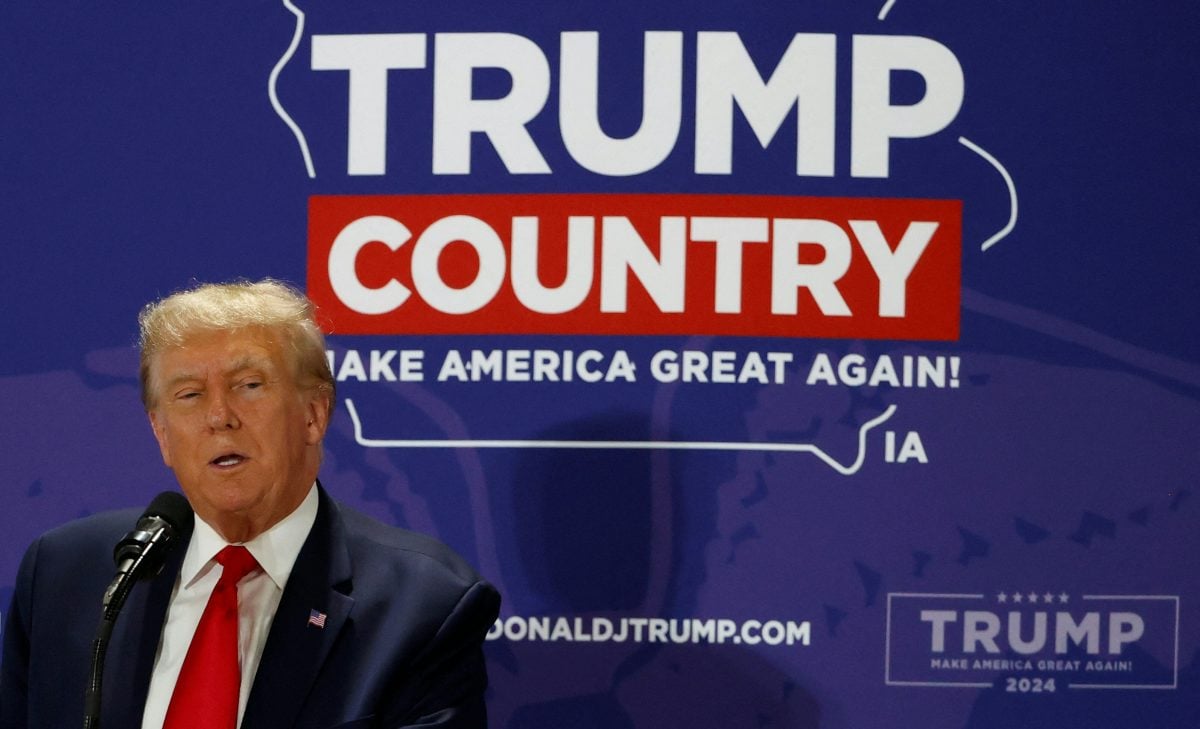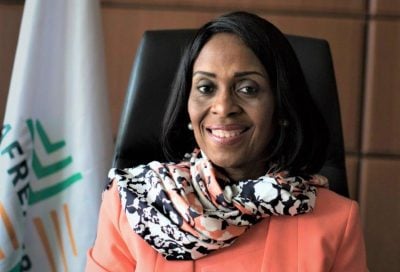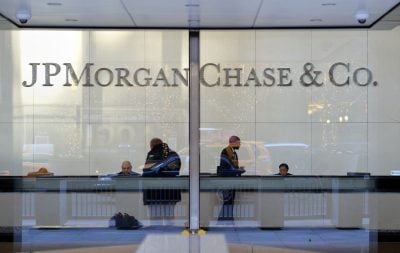The US “will keep the US dollar as the world’s reserve currency. It is currently under major siege. Many countries are leaving the dollar. They’re not going to leave the dollar with me – I’ll say, you leave the dollar, you’re not doing business with the United States, because we’re going to put a 100% tariff on your goods.”
President-elect Donald Trump declared thus at a campaign rally back in September prior to his election victory in November. While Trump’s second period in office will not begin until early next year, the economic implications of the new Trump administration for African economies are already starting to be felt. In the immediate aftermath of the election results, for example, the US dollar surged in value against African and other emerging market currencies.
This is mainly because of Trump’s planned protectionist economic policies. The president-elect’s plans to hike existing tariffs by a further 10% on most foreign products, and to impose tariffs of up to 60% or more on Chinese goods, are expected to raise the cost of imported products in the United States, increasing inflationary pressures and therefore requiring the Federal Reserve to maintain an environment of higher interest rates.
Higher rates would likely encourage a stronger US dollar as traders would be offered higher yields for exposure to US assets, increasing their value relative to African currencies. Weaker African currencies and a stronger US dollar, along with a potentially prolonged period of higher interest rates, would have practical impacts on African countries’ ability to pay back their piles of dollar-denominated external debt, which would become significantly more expensive in local terms. It would also make it more tricky for heavily-indebted African countries, such as Angola and Kenya, to sustain their high spending by borrowing on capital markets.
Dedollarisation’s African advocates
However, it remains to be seen if Trump will follow through on his threat to sanction countries making steps to diversify away from a reliance on the US dollar to settle international obligations – and thus to be the main reserve currency held by their central banks. While those “dedollarisation” efforts which do exist are at a relatively early stage, Trump’s threat will need to be taken into consideration by those African economies exploring the idea.
Zambia is one African country that has sought to reduce its dependence on the dollar. Last year, Zambia’s president Hakainde Hichilema held a meeting in Lusaka with the vice-president of the Bank of China, Lin Jingzhen, to discuss how they could collaborate to boost the use of the Chinese renminbi (RMB) across southern Africa.
Given that China remains Africa’s largest trading partner and its largest creditor, prominent figures in Zambia and elsewhere on the continent believe that boosting the use of the renminbi would be a natural and logical development. Kenya’s President William Ruto has similarly suggested that using local currencies for intra-continental trade, rather than the US dollar, should be a priority for African economies as they seek to establish themselves as an independent trading bloc.
At a global level, the BRICS group of emerging market economies – which now includes South Africa, Egypt, and Ethiopia – have also expressed their desire to create a BRICS currency and alternative financial and payment systems to rival the Western-dominated Bretton Woods structures. At the recent BRICS summit in Kazan, the group agreed to establish a “BRICS Clear” payment system in order to facilitate settlements and clearing between BRICS members and partner countries, eliminating the need for using the US dollar for these trades.
Such efforts have largely been driven by a desire to see the balance of global economic power readjusted to reflect the modern multi-power world more accurately. African countries and many other emerging powers also wish to reduce the power of the United States, which, in the eyes of some critics, has used the reserve status of the dollar as a tool to pursue its own foreign policy goals through punitive sanctions.
Empty threats?
Will Trump be able to force African countries to drop the idea of dedollarisation through further punishment in the form of higher tariffs? Philip Pilkington, an investment professional based in London, believes that such an approach would serve only to underline even further Africa’s need to end its reliance on the dollar for international trade.
“Dedollarisation is currently happening because of the overuse of sanctions by the United States…any attempt to increase sanctions will only increase the pace of dedollarisation.” Pilkington says.
“This is not really a serious proposal and I doubt it will be implemented.”
Charlie Robertson, head of macro strategy at asset manager FIM Partners in London, is also sceptical that Trump will follow through with these plans – not least because they contradict some of his other stated economic aims.
While Trump has previously argued that the end of the dollar’s reserve status would be “like losing a war” – because of the loss of political and economic power it would entail – he has also consistently argued that the dollar is too strong on global foreign exchange markets. Trump has partly blamed this strong dollar for making US manufacturing goods overly expensive and therefore less competitive compared to cheaper goods produced in China and elsewhere, as well as driving the US’ enormous trade deficit ever higher.
Arguing for a weaker dollar while driving up demand for the greenback by forcing emerging market economies to continue using it would seem counterproductive. Indeed, Robertson tells African Business that Trump’s proposal to impose tariffs on countries seeking to dedollarise is “curious” because “it does not fit with his desire for a weaker US dollar – if he wanted a weaker dollar, he would be happy to see countries dedollarise.”
Trade implications
Robertson also suggests that Trump’s plans to impose significant tariffs on foreign goods could force countries to seek alternative trading partners – and therefore potentially trade in different currencies, something that would chip away at, although not fully overcome, the dominance of the greenback.
For example, the African Growth and Opportunity Act (AGOA) offers dozens of Sub-Saharan African countries duty-free access to the US market for thousands of categories of goods, and is due for renewal in 2025. Should Trump decide not to do so, that could mean that a higher percentage of those goods are sold in other international markets instead of going to the US – and those sales could be settled in other currencies as a result.
“An interesting angle to me would be if Trump’s tariffs do result in a higher share of global trade excluding the US,” Robertson says. “That might tilt more countries in favour of using the euro or renminbi.”
As with many of Trump’s proposals, it remains to be seen whether, or to what extent, he will follow through with his threat to impose huge tariffs on countries seeking to move away from the US dollar. Given that he never visited Africa during his first term in office, nor nor barely mentioned the continent, it is possible that he would pay scant attention to any moves made by African leaders in this regard in any case.
What is more certain is that Africa, and the world, is to face a more fractured global trading environment that could complicate the macroeconomic picture for at least four more years.
Want to continue reading? Subscribe today.
You've read all your free articles for this month! Subscribe now to enjoy full access to our content.
Digital Monthly
£8.00 / month
Receive full unlimited access to our articles, opinions, podcasts and more.
Digital Yearly
£70.00 / year
Our best value offer - save £26 and gain access to all of our digital content for an entire year!

 Sign in with Google
Sign in with Google 



